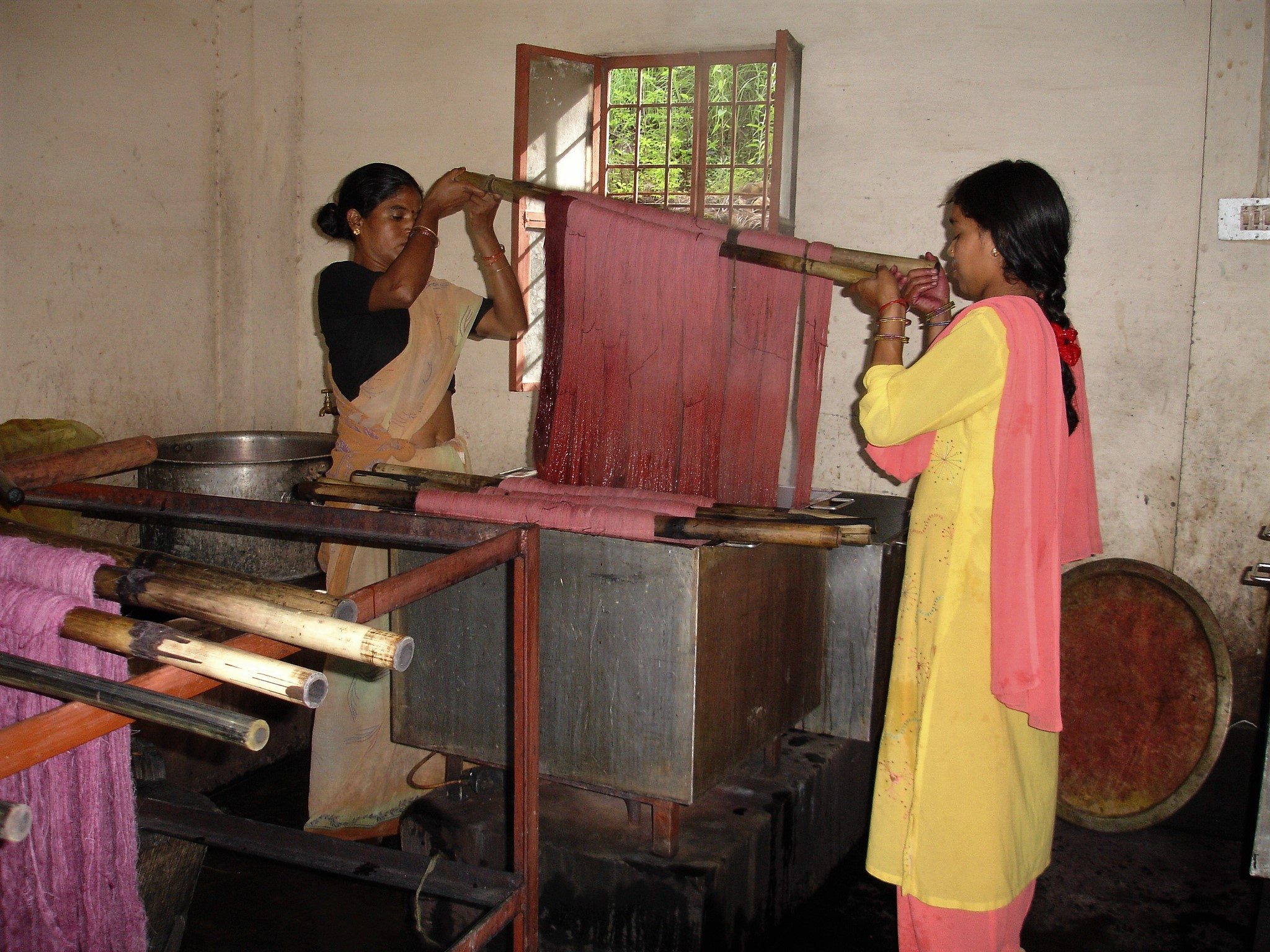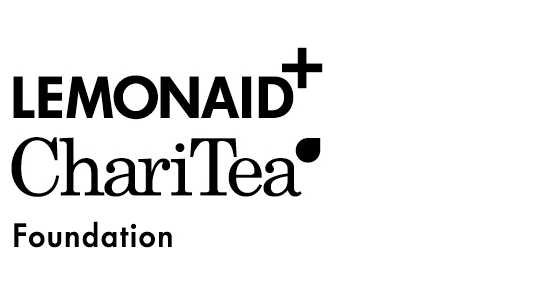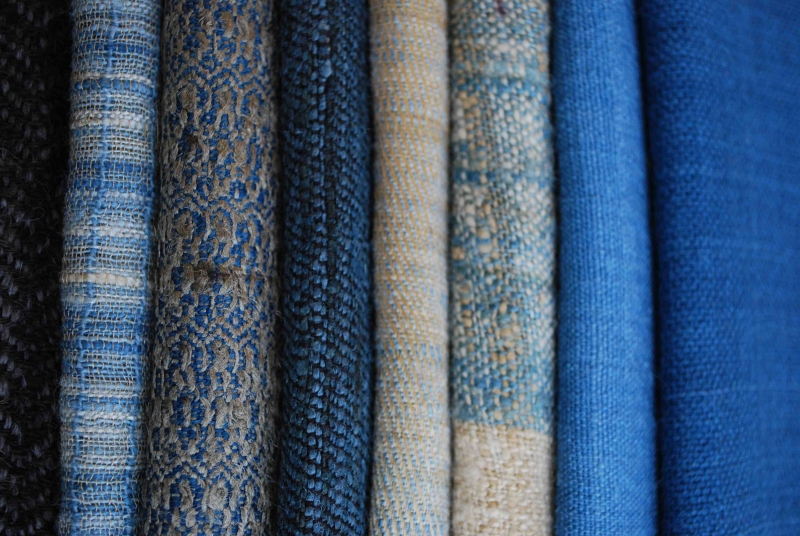The new project partner Avani Earthcraft is based in Kumaon, a remote region in the Indian Himalayas. In this region many of the small villages are several hours by foot away from the next main roads. The majority of the 3.6 million people in the region are dependent on agriculture. Yet, small landholdings lead to subsistence farming that is not sufficient to support the local families. Moreover, the fragile ecosystem has suffered from over-exploitation in the past years which also has an adverse effect on the harvest. Due to a lack of alternative livelihood opportunities a growing part of the population has been forced to move away to the urban centers looking for job opportunities. Often this results in a situation where women and children are left behind and families are separated. The NGO Avani has been addressing many of the issues arising in the area by looking for sustainable and lasting ways to diversify sources of income and to improve the overall quality of life. The project supported by the foundation, was founded by Rashmi Barthi und Rajnish Jain who moved to Uttrakhand in 1996, seeking a life closer to nature. The trained mathematician and economist initiated a cooperation between farmers and partisans called ‘Earthcraft’. It aims to create jobs and training opportunities, as well as to conserve traditional craftwork for future generations and add to the preservation of natural resources. Especially marginalized groups have profited from the establishment of ‘Earthcraft’. 72 percent of its members are women. As a result of their social standing women often belong to the most vulnerable groups. In particular women that are widows, abandoned by their husbands, destitute or physically challenged. For them ‘Earthcraft’ offers empowerment through a stable source of income and the promotion of self-esteem.




